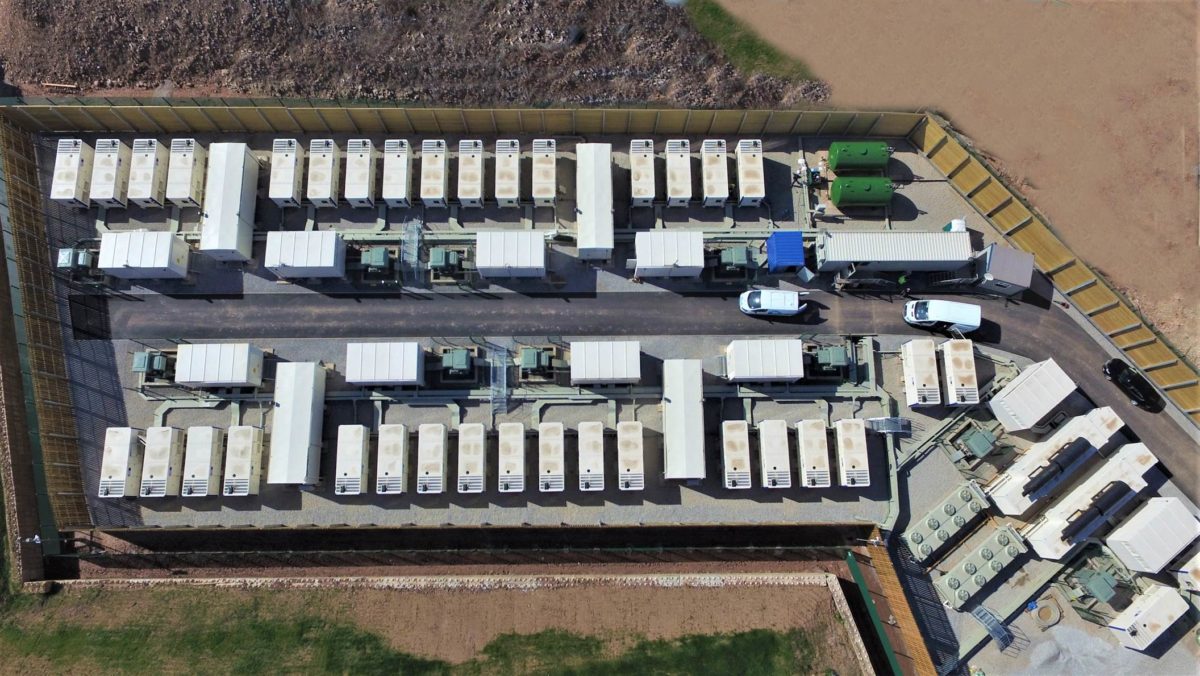The European Commission has published a document confirming its intent to update the regulation governing the development of cross-border energy networks, to include battery and green hydrogen energy storage.
The impact statement about the effects of updating the Trans-European Energy Networks (TEN-E) regulation, dated Friday, also spells out a desire to remove all natural gas projects from consideration for public funding as projects of common interest (PCIs). PCIs are deemed to be of benefit to more than one EU member state and vital to connecting up the trans-EU energy network.
The text, published on the EUR-Lex European Union law website, stated: “Continued PCI status for new natural gas infrastructure is not compatible with the long-term decarbonization objectives [of the EU].”
No gas
The document, which will be put before the EU Council of Ministers and European Parliament, indicates the commission decided, following consultation, not to exempt well-advanced natural gas projects from the PCI ban; nor to consider natural gas infrastructure which could also transport low-carbon gases, for PCI status, given the risk such pipelines could end up carrying the fossil fuel anyway.
The TEN-E update proposes removing oil and natural gas pipelines from the list of PCI-eligible projects; updating the definition of smart grids, to ease their attainment of PCI designation; and to include electrochemical energy storage projects, such as grid scale batteries, and chemical storage – hydrogen – on the list of eligible projects alongside mechanical storage facilities, such as large hydro and compressed air systems.
Popular content
The proposed legislative update will also add hydrogen, power-to-gas and smart gas grids to the list of facilities eligible for PCI status.
The commission wants to double the number of smart electricity grid PCI projects by 2026 and have at least 10 offshore renewables networks and five green hydrogen facilities encompassed by the regime in the same period, as it aims to bring the TEN-E legislation in line with the EU's climate change ambition of reducing greenhouse gas emissions 55% by 2030 en route to full decarbonization by mid century.
The update also proposes a more centralized, regional approach to planning offshore grids; more EU oversight of energy infrastructure planning, to remove the silo approach taken separately for electricity and gas networks; and to speed up permitting processes for PCI projects.
This content is protected by copyright and may not be reused. If you want to cooperate with us and would like to reuse some of our content, please contact: editors@pv-magazine.com.



3 comments
By submitting this form you agree to pv magazine using your data for the purposes of publishing your comment.
Your personal data will only be disclosed or otherwise transmitted to third parties for the purposes of spam filtering or if this is necessary for technical maintenance of the website. Any other transfer to third parties will not take place unless this is justified on the basis of applicable data protection regulations or if pv magazine is legally obliged to do so.
You may revoke this consent at any time with effect for the future, in which case your personal data will be deleted immediately. Otherwise, your data will be deleted if pv magazine has processed your request or the purpose of data storage is fulfilled.
Further information on data privacy can be found in our Data Protection Policy.